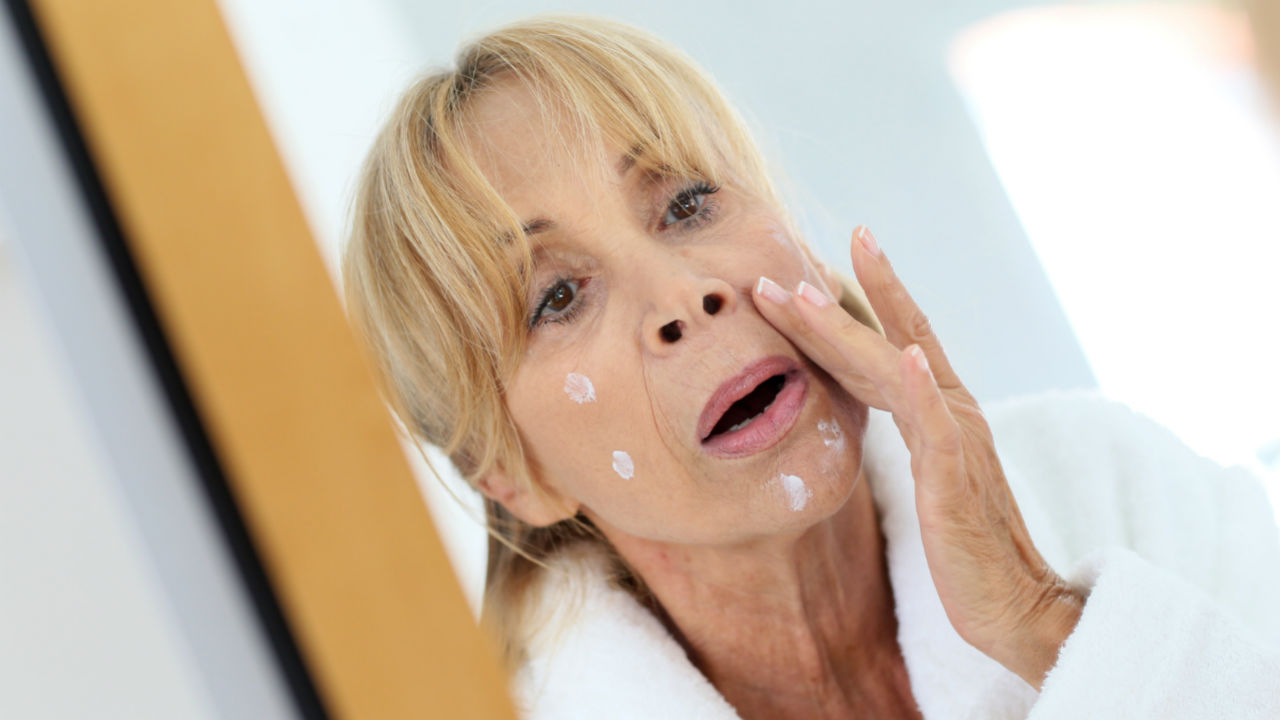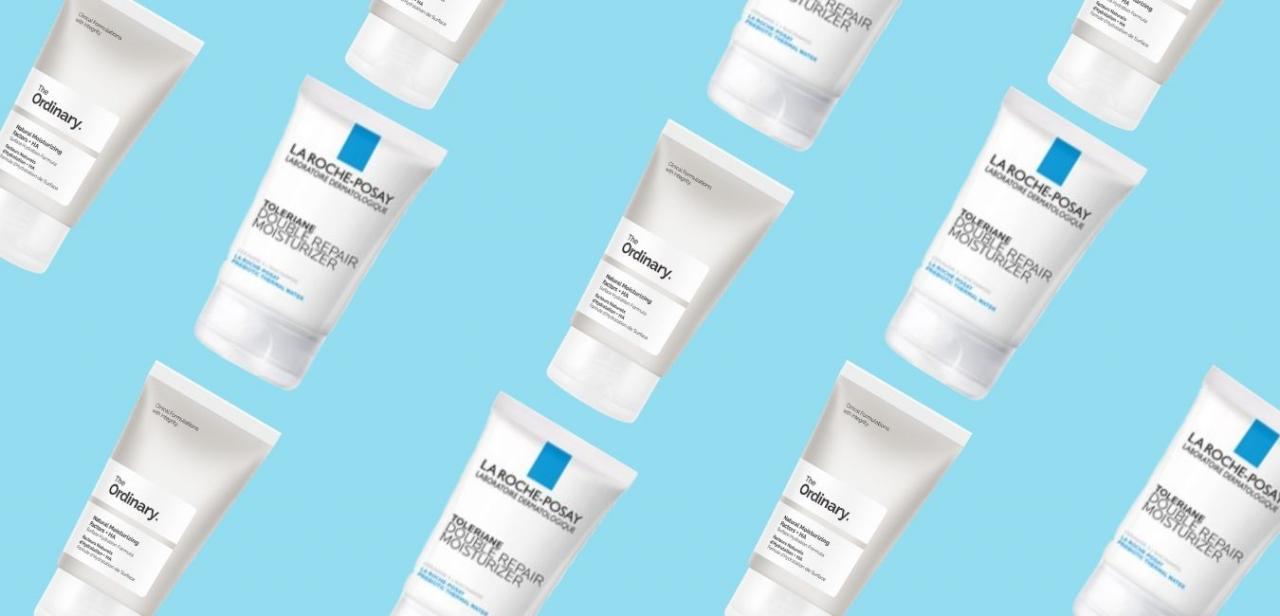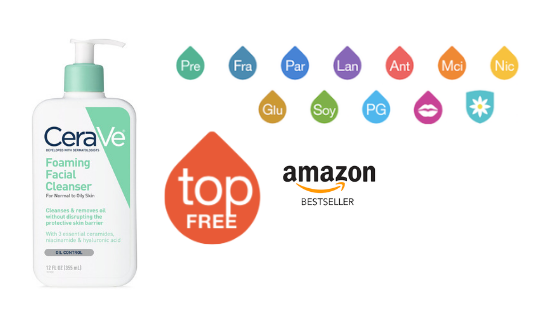 goodluz/Fotolia
goodluz/Fotolia
Pimples don't just plague teenagers. They are a common occurrence for adults as well, especially for women going through menopause.
An outbreak of acne can be frustrating, but identifying the root of the cause can help to reveal the best way to fight it and keep your skin healthy and clean.
What Causes Menopausal Acne?
When women enter menopause, their hormone levels begin to change. The dropping levels of estrogen and the constant levels of androgen are the root cause of acne.
Androgen is often referred to as a male hormone, but it is also found in women's bodies. When estrogen levels fall during menopause, androgens becomes more prominent. Testosterone, a strong type of androgen, is one of the biggest stimulators of acne in menopausal women.
With increased levels of testosterone, the skin produces more sebum, an oily substance which can block and clog pores.
As someone ages, their skin cells regenerate more slowly and the turnover of older skin slows down. The pores that are already blocked with sebum are further clogged when the excess skin cells build up, which then causes inflammation and irritation.
As an immune response to this inflammation, white blood cells begin to accumulate in the infected skin region and create a pimple.
Although menopausal acne can be frustrating to deal with, it can be treated when taking the right steps.
How Can You Treat Adult Acne?
Self-care regimen
Keeping your skin clean can help avoid the buildup of sebum and skin cells on your face. It is recommended that you wash your face a couple times a day with a cleanser such as La Roche-Posay Toleriane Gentle Dermo-Cleanser.
This cleanser is gentle on skin. SkinSAFE rates it as being 100 percent top allergen-free. This means that it contains no fragrances, preservatives or other top skin allergy-causing ingredients. It is free of the top 12 most common ingredients known to cause allergy.
There’s no need to scrub your face when washing with your cleanser, as older skin is more fragile and requires a delicate touch. To avoid scarring, try not to pick at your acne.
Over-the-counter Medications
Meeting with your doctor or dermatologist to receive specific advice can be beneficial in keeping acne at bay. It is important to discuss medication options to ensure that you find one which fits the needs of your specific type of acne.
There are numerous over-the-counter, acne-specific treatments that are used to fight pimples. The dermatologist may prescribe antibiotics or other medications .
Hormone Replacement Therapy
Hormone replacement therapy is given to supplement the estrogen that women lose during menopause. Replacing it provides many benefits, including keeping testosterone under control. When hormone levels are more balanced again, women may see a decrease in acne, and their complexion improves.
However, in some cases HRT sparks the opposite effect in women, and actually worsens acne, so it’s important to discuss how potential effects with a doctor .
Sources:
“Menopause and Acne: Causes and Control” Every Day Health. October 9, 2015
http://www.everydayhealth.com/menopause/menopause-and-acne.aspx
“How Does Menopause Affect the Skin?” The International Dermal Institute. October 9, 2015
http://dermalinstitute.com/us/library/12_article_How_Does_Menopause_Affect_the_Skin_.html
“Sebum” Derm Netz NZ. October 9, 2015
http://www.dermnetnz.org/acne/sebum.html
“Adult Acne: Why You Get It, How to Fight It” WebMD. October 9, 2015
http://www.webmd.com/skin-problems-and-treatments/acne/features/adult-acne-why-get-it-fight-it
by Michele Blacksberg RN
Edited by Jody Smith






Add a CommentComments
There are no comments yet. Be the first one and get the conversation started!